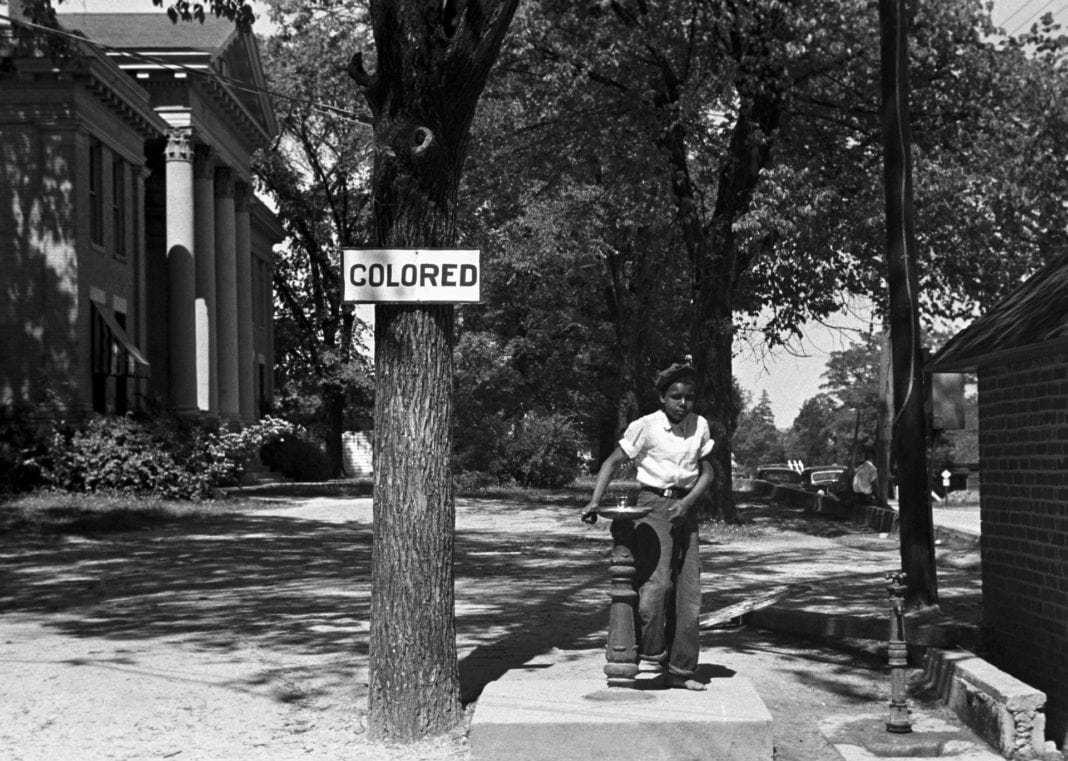Before Title VII of the 1964 Civil Rights Act was passed, it was legal and commonplace for employers to discriminate against employees because of their race. With the enactment of Title VII, it became illegal to intentionally treat employees and job applicants differently because of their race, color, national origin, and ancestry.
Since 1964, even more specific federal and state laws have been created to prevent racial discrimination in the workplace. Despite these laws, in 2017, 29,427 incidents of workplace racial discrimination were reported nationwide, according to the U.S. Equal Employment Opportunity Commission (EEOC).
Locally, the California Department of Fair Employment and Housing (DFEH), which helps protect the state’s employees from unfair treatment, reported that there were over 8,000 complaints of workplace discrimination reported in 2016, over 740 of which were race related.
While the United States has made strides towards decreasing racial discrimination in the workplace, such statistics demonstrate that it still exists in excessive numbers. If you are a California resident and believe you’ve been discriminated against at your place of employment, or as a job applicant, because of your race, skin color, national origin or ethnicity, you may be able to file a complaint with the EEOC or with the California DFEH, both which have the power to investigate these types of cases. However, there is backlog which can delay investigation. At V. James DeSimone Law, we often request an immediate right to sue letter and conduct the racial discrimination investigation ourselves.
It is also important to follow a company’s employment discrimination complaint protocol and its best if complaints are made in writing. It is important write those discrimination complaints politely and request that prompt appropriate corrective action be taken. Emphasize how much you value your job and only want to work in a safe workplace free from discrimination, harassment or workplace violence.
What is racial discrimination in the workplace?
It can take many forms. It may occur in hiring practices such as when someone is denied a job when they have the same qualifications as another applicant simply because of their race. In other cases, an employee may be paid less because of their race or skin color or is bypassed for a promotion when they are as well qualified as a colleague of another race. Another example is when an employee is subjected to racial slurs and jokes or otherwise is forced to endure a racially hostile environment. Most commonly, adverse employment actions, like wrongful termination, occur in retaliation for making racial discrimination complaints. These are only some examples of racially discriminatory actions in the workplace.
In one recent incident of racial discrimination in the workplace in 2013, an African American NICU nurse was told that the father of an infant didn’t want her caring for his baby because she was black. Consequently, she was “reassigned” by her nursing supervisor. Though she complained to her supervisor about this discriminatory treatment, no action was taken to repair the situation. She subsequently filed an EEOC complaint, and through the work of her attorney, was awarded a substantial financial settlement because of the effects of the discriminatory treatment.
In a perfect world, discrimination and mistreatment of people because of race, skin color, national origin, and ethnicity wouldn’t exist. Yet, despite the laws in place, racial discrimination against California’s employees still occurs all too often.
Intentionally acting out biases in the workplace in the form of lower pay, denied promotions, hostile work environments, oppressive practices, or unfair hiring, is illegal.
When these biases affect California employees, whether the discrimination is overt or covert, laws that are in place to prevent such conditions may entitle employees to receive full and fair monetary compensation. Legal remedies are available under federal and state law protections when an employee has been discriminated against in the workplace due to race or ethnicity.
What can you do if you’ve been discriminated against?
If you believe you’ve been discriminated against because of your race or ethnicity in Los Angeles County, Orange County, San Bernardino County, Riverside County, or anywhere in Southern California, your civil rights may have been violated. Whether you were wrongfully terminated, denied a promotion, subjected to a hostile racial environment, or treated otherwise unfairly because of your race, the Los Angeles employment attorneys at V. James DeSimone Law can help determine whether your civil rights have been violated and, if so, may be able to help you recover monetary damages.
For over 30 years, Los Angeles attorney James DeSimone has dedicated his career to providing ethical and aggressive representation to those discriminated against by employers because of their race, skin color, national origin or ancestry. He is personally, morally, and professionally opposed to such unjust acts and fights vigorously for his clients’ civil rights when they’ve been harmed by racial discrimination in the workplace.
If you believe you’ve been a victim of racial employment discrimination, V. James DeSimone Law may be able to help. Let us review your case and advise you on your rights. But don’t delay. Statutes of limitations restrict the time allowed after a discriminatory employment incident to file a complaint, and, when the situation demands it, time constraints may affect the filing of a lawsuit.
If your case qualifies, meeting with our attorneys to evaluate your case is free, and if we take you on as a client, we get paid only if we win your case. To speak with one of our qualified, experienced employee racial discrimination attorneys personally, call 310-693-5561 to schedule an appointment.

































